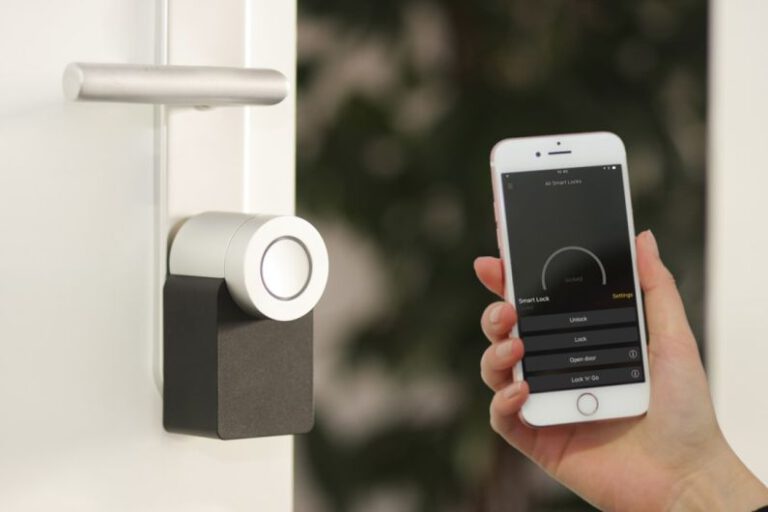The Role of Robots in Healthcare: from Surgery to Caregiving
Robots have become an increasingly integral part of the healthcare industry, revolutionizing the way medical procedures are performed and care is provided. From assisting in surgeries to aiding in patient care, robots are transforming the landscape of healthcare, offering numerous benefits in terms of precision, efficiency, and patient outcomes.
**Enhancing Surgical Precision**
One of the most significant roles of robots in healthcare is their ability to enhance surgical precision. Robotic-assisted surgeries have gained popularity in recent years due to their ability to provide surgeons with greater control and accuracy during procedures. By using robotic systems, surgeons can perform complex surgeries with more precision, minimizing the risk of human error and reducing complications. This technology allows for smaller incisions, less blood loss, and faster recovery times for patients.
**Improved Patient Care**
Robots are also playing a crucial role in improving patient care, particularly in areas such as rehabilitation and elderly assistance. Robotic devices can assist patients in performing exercises and rehabilitation activities, helping them regain mobility and independence more effectively. In addition, robots are being used in caregiving roles for the elderly, providing companionship, monitoring vital signs, and even dispensing medication. This not only lightens the workload for healthcare professionals but also ensures that patients receive the care and attention they need around the clock.
**Remote Monitoring and Telemedicine**
Another area where robots are making a significant impact is in remote monitoring and telemedicine. With the advancement of technology, robots equipped with cameras and sensors can monitor patients’ vital signs, medication adherence, and overall health status from a distance. This is particularly beneficial for patients with chronic conditions who require continuous monitoring but may not have easy access to healthcare facilities. Telemedicine services facilitated by robots allow patients to consult with healthcare providers remotely, reducing the need for in-person visits and improving access to care.
**Training and Education**
Robots are also being used in the healthcare industry to enhance training and education for medical professionals. Medical schools and training programs are incorporating simulation-based training using robotic technology to provide students with hands-on experience in a controlled environment. This allows future healthcare professionals to practice surgical procedures, diagnostic techniques, and patient care scenarios, improving their skills and confidence before working with real patients.
**Challenges and Ethical Considerations**
Despite the numerous benefits that robots bring to the healthcare industry, there are also challenges and ethical considerations that need to be addressed. One of the primary concerns is the potential for job displacement, as some fear that robots may replace human healthcare workers. It is essential to find a balance between utilizing robotic technology to improve efficiency and patient care while ensuring that there is still a human touch in healthcare delivery.
**The Future of Robotics in Healthcare**
As technology continues to advance, the role of robots in healthcare is expected to expand even further. From performing surgeries with greater precision to providing companionship for the elderly, robots are transforming the way healthcare is delivered. However, it is crucial to approach the integration of robotic technology in healthcare with caution, considering the ethical implications and ensuring that patient care remains at the forefront of all advancements in the field.
In conclusion, robots have become indispensable assets in the healthcare industry, offering a wide range of benefits in terms of surgical precision, patient care, remote monitoring, and education. While there are challenges and ethical considerations to navigate, the future of robotics in healthcare is undoubtedly promising, with the potential to revolutionize the way healthcare is delivered and improve outcomes for patients worldwide.






